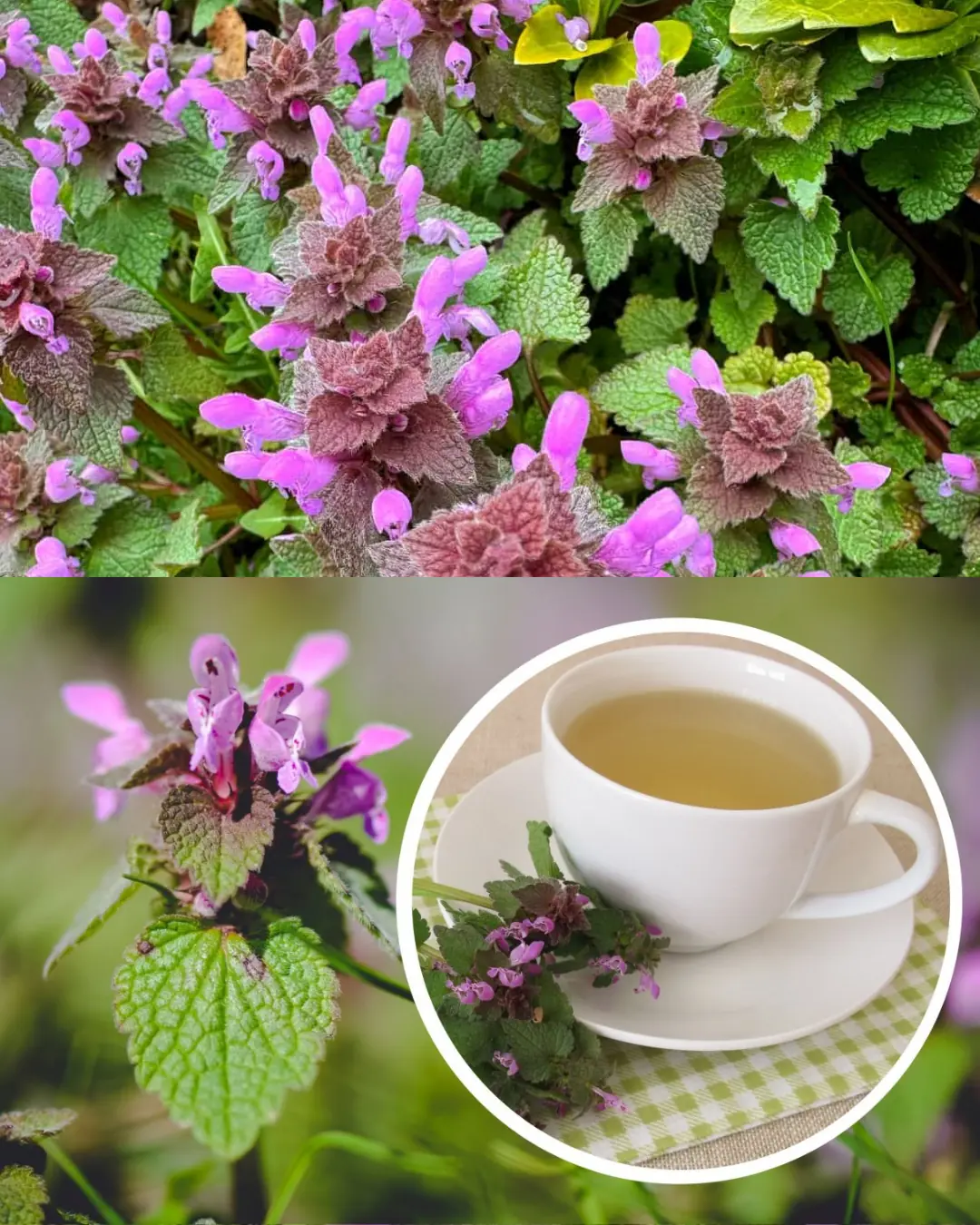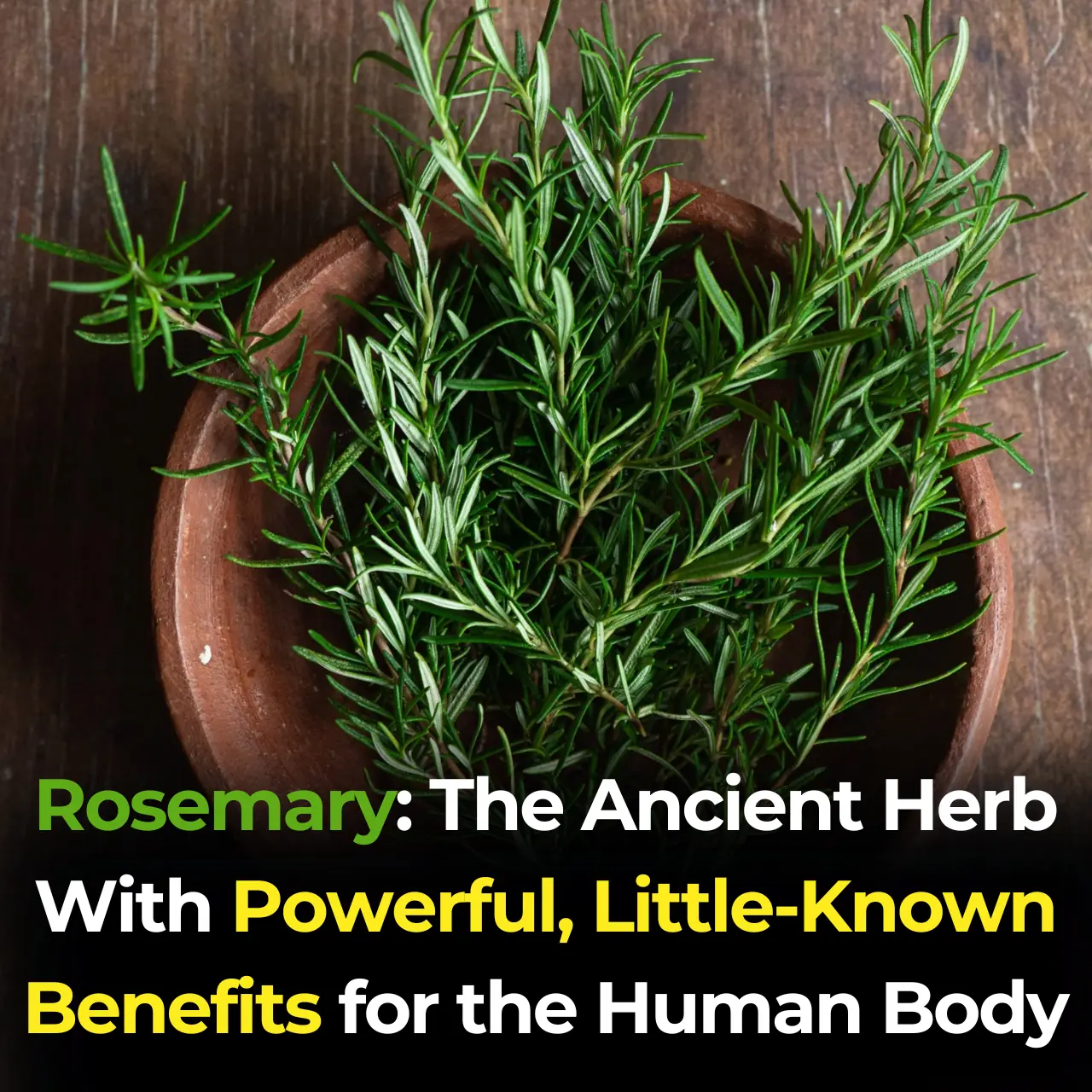
Doctors reveal that eating okra causes...
Doctors and nutrition experts agree that okra — also known as lady’s finger — is one of nature’s most underrated superfoods. Packed with vitamins, antioxidants, and a special gel-like substance called mucilage, it offers a wide range of health benefits. But here’s the catch: while okra can be incredibly good for you, eating it the wrong way or in excess can cause problems for some people.
Let’s explore both sides — the benefits and precautions — and learn the best way to eat okra to get all the good without the bad.
⚠️ 6 Possible Side Effects of Eating Too Much Okra
1. It Can Cause Bloating and Gas
Okra contains fructans, a type of carbohydrate that can trigger gas, bloating, or stomach cramps — especially in people with sensitive digestion or irritable bowel syndrome (IBS).
👉 Tip: Cook okra lightly (such as steaming or stir-frying) instead of eating it raw. Gentle cooking helps break down fructans, making okra easier to digest.
2. It May Worsen Kidney Stones
Okra is naturally high in oxalates, which can bind to calcium and form calcium oxalate crystals — the main type of kidney stone. If you have a history of kidney stones, it’s wise to limit your okra intake and drink plenty of water to flush your system.
3. It May Interfere with Certain Medications
Studies suggest that okra can reduce the absorption of metformin, a common medication used to manage type 2 diabetes. This could make your blood sugar harder to control.
👉 Tip: If you’re taking diabetes medication, talk to your healthcare provider before eating okra regularly. They can advise how to include it safely in your diet.
4. It May Trigger Inflammation in Sensitive Individuals
Okra contains solanine, a naturally occurring compound also found in tomatoes, potatoes, and eggplants. For most people, solanine is harmless — but some individuals are sensitive to it. In those cases, it can cause joint pain, inflammation, or even arthritis-like symptoms.
5. Allergic Reactions Can Occur
Although rare, some people develop allergic reactions to okra. The tiny hairs and pollen on its surface can cause itching, rashes, or throat irritation when touched or eaten.
👉 Tip: Wash okra thoroughly and cook it before eating. Cooking softens and removes the fine hairs that can irritate your skin or throat.
6. Too Much Fiber Can Upset Your Stomach
Okra is rich in dietary fiber, which is great for digestion — but overdoing it can backfire. Eating too much can cause cramps, diarrhea, or bloating.
Remember, when it comes to fiber-rich foods, moderation is key.
🥦 What Okra Does to Your Body
Now for the good news: when eaten properly, okra offers impressive benefits for nearly every system in your body.
It’s loaded with vitamin C, vitamin A, magnesium, folate, and antioxidants, and its unique mucilage — that sticky, gel-like substance — plays a big role in its healing power.
Here’s what regular okra consumption can do for you:
1. Improves Digestion
The mucilage in okra acts like a natural lubricant for your intestines. It helps food move smoothly through your digestive tract, prevents constipation, and promotes a healthy gut microbiome.
2. Balances Blood Sugar
Okra slows the absorption of sugar in the intestines, helping stabilize blood glucose levels. This makes it especially beneficial for people with diabetes or insulin resistance.
3. Lowers Cholesterol
The soluble fiber in okra binds to cholesterol molecules in your digestive tract and helps eliminate them from your body. Over time, this can help lower LDL (“bad”) cholesterol and support heart health.
4. Supports Weight Loss
Okra is low in calories but high in fiber, which means it keeps you feeling full for longer. It can help control appetite, reduce snacking, and support a healthy metabolism — all essential for weight management.
5. Strengthens Immunity
Thanks to its high vitamin C content, okra boosts your immune system and helps your body fend off infections, colds, and flu. It also supports wound healing and collagen production.
6. Enhances Skin Health
The combination of antioxidants, vitamin C, and vitamin A in okra helps fight free radicals that cause skin aging. Regular consumption can make your skin look clearer, brighter, and more youthful.
7. Nourishes and Strengthens Hair
Okra can also be used externally! When boiled and cooled into a gel, it makes a natural conditioner that softens hair, reduces dandruff, and adds shine. The vitamins and mucilage nourish the scalp, improving overall hair strength.
🥗 How to Eat Okra Properly
Getting the most out of okra depends on how you prepare it.
✅ Best Ways to Eat Okra:
-
Lightly steamed, boiled, or stir-fried to preserve nutrients.
-
Added to soups, curries, or stews for extra thickness and flavor.
-
Blended into smoothies (raw or cooked) for a nutrition boost.
🍽️ Can You Eat Okra Raw?
Yes, you can — but not everyone enjoys its slimy texture. Raw okra provides the highest vitamin C and antioxidant content, but cooking makes it easier to digest and reduces its stickiness.
A good compromise is to lightly blanch or sauté it for a minute or two.
📏 Recommended Amount
Eating 3 to 5 pods per day is enough to enjoy okra’s benefits without risking bloating or digestive discomfort.
Remember: consistency is more important than quantity.
💄 Okra’s Beauty Benefits
For Skin
The antioxidants in okra help protect your skin from oxidative stress, which causes dullness, acne, and premature aging. Some people even use okra water as a natural toner for clearer, glowing skin.
For Hair
Okra gel — made by boiling chopped okra and cooling the liquid — works as a natural hair mask. It adds moisture, smoothness, and shine, while reducing dandruff and scalp irritation.
⚖️ Things to Keep in Mind
-
If you have kidney stones, eat okra in moderation due to its oxalate content.
-
People with IBS or sensitive digestion should avoid eating it raw.
-
Always wash and cook okra to remove surface irritants and reduce sliminess.
✅ In Summary
When eaten correctly and in moderation, okra is a true superfood. It supports digestion, stabilizes blood sugar, improves heart health, and enhances the natural beauty of your skin and hair.
However, balance is essential. Eating too much or ignoring your body’s signals can cause discomfort or interactions with certain health conditions.
So next time you see fresh okra at the market, grab a few pods — cook them gently, enjoy their natural goodness, and let this humble vegetable work its magic inside and out. 🌱
News in the same category


The Hidden Power of Common Lantana (Lantana camara): What You Can Safely Do with It at Home

11 Little-Known Secrets of Purslane: A Wonder Plant in Disguise

Tradescantia zebrina: The Colorful Healer Hidden in Plain Sight

Here are 7 incredible things that happen when you burn a bay leaf at home

Tradescantia zebrina: The Colorful Healer Hidden in Plain Sight

Black Locust (Robinia pseudoacacia): 14 Surprising Benefits and How to Use It at Home

Papaya Seeds for Gut Health: The Simple Secret Inside Your Fruit

12 Benefits of Bull Thistle Root and How to Use It Naturally

The Hidden Power of Mullein Roots: Benefits and Uses

The Power of Black Garlic: Nature’s Aged Superfood

Purple Dead Nettle (Lamium purpureum): A Wild Ally for Circulation and Heart Health

The One Kitchen Ingredient That Makes Bedbugs, Mosquitoes, Cockroaches, Ants & Silverfish Disappear Like They Never Existed – And It Costs Less Than a Cup of Coffee

Doctors Reveal What Eating Peanuts Can Really Do to Your Body

Sugar Apple (Annona squamosa): A Sweet Fruit with Powerful Health Benefits

Burning Garlic at Home: What Happens After 15 Minutes

Why Do People Put Butter on a Date? The Ancient Energy Mix Making a Modern Comeback

Rosemary: The Ancient Herb With Powerful, Little-Known Benefits for the Human Body

The #1 cheap food packed with natural probiotics (and how to prepare it)

American Sweetgum (Liquidambar styraciflua): Health Benefits and Easy Ways to Use It at Home
News Post

MEDICATIONS YOU SHOULD NEVER TAKE WITH COFFEE

What You See First in This Optical Illusion Reveals A Lot

Why Your Dog Stares at You

10 Best Foods to Detox Your Kidneys and Protect Renal Health

Honeybee Venom Can Destroy Breast Cancer Cells in Under an Hour — A Breakthrough That Could Transform Modern Medicine

Love Can Literally Make Your Body Crave More Sleep — Here’s the Science Behind It

A Revolutionary German Gel May Repair Joints Naturally—Potentially Eliminating the Need for Surgery

The Power of Clove Steam Inhalation (Respiratory Relief You Can Feel Immediately)

Peter Tabichi: The Kenyan Teacher Who Became the World's Best by Inspiring Change and Giving Back

Reducing Meat Consumption by 90%: A Critical Step to Combat Climate Change and Ensure Global Sustainability

Revolutionary Nanobodies Offer New Hope for Alzheimer’s and Parkinson’s Disease Treatment

Gray Wolves: The Remarkable Lifelong Bond Between Mates and Their Role in Pack Survival

Sebastian Errazuriz’s Robotic Dogs: A Satirical Commentary on Tech Billionaires and the NFT Market

Voyager Spacecraft: A 40-Year-Old Marvel of Engineering Exploring Interstellar Space

Popular blood pressure drug linked to increased cardiac arrest risk

How the U.S. Escaped Hurricane Landfalls in 2025

Ancient Shark Fossils Unearthed in Mammoth Cave Rewrite 325 Million Years of Evolutionary History

Powerful Health Benefits of Pineapple You Should Know

How an Italian Police Lamborghini Huracán Helped Save Lives by Delivering Kidneys Across Italy

